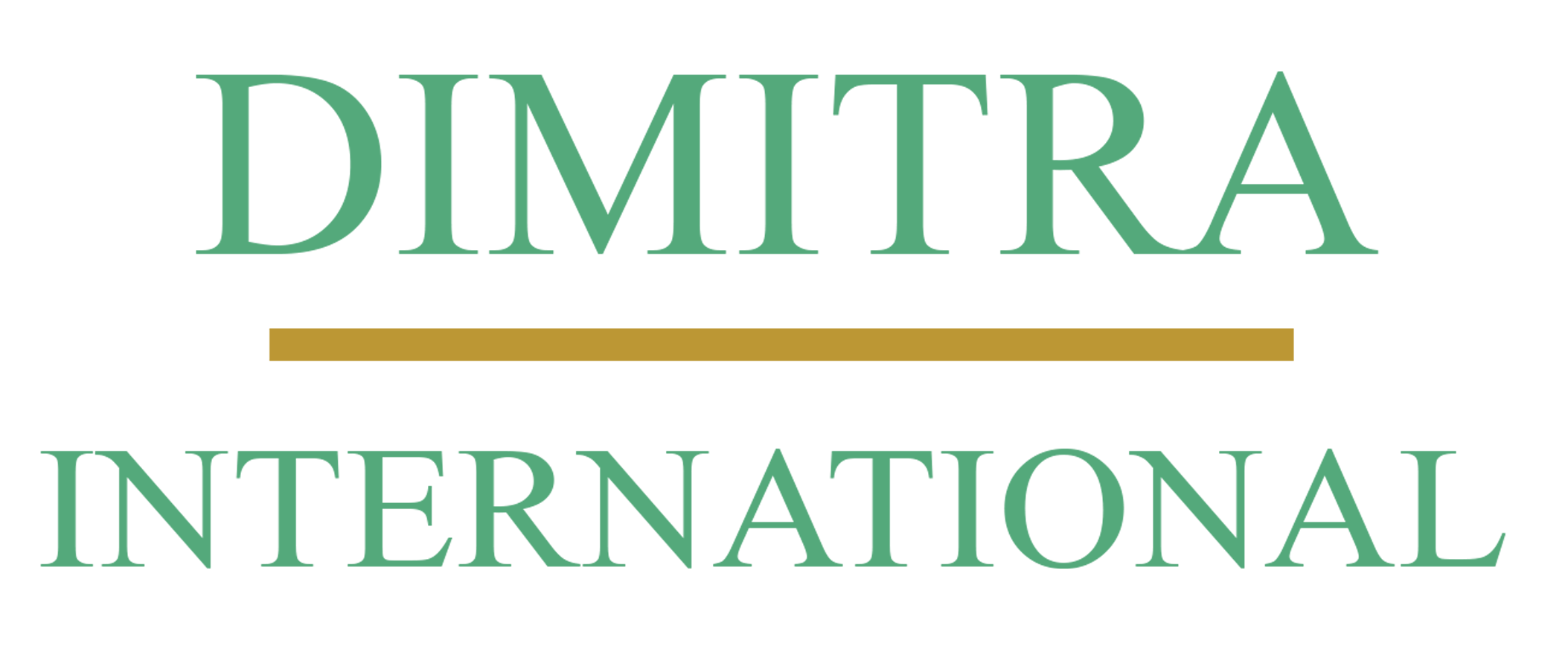Written by Lucie PASCAL
Introduction
In France, non-profit organizations are governed by the Law of 1901, which serves as the primary legal framework for such entities. In the annex, you can find a translation of this law, which governs most of the rules related to associations.
How to Set It Up
Setting up a French non-profit organization involves several steps:
- Choose a location for your headquarters within France. Note that the Law of 1901 does not apply in Alsace-Moselle, so if your headquarters are in this region, check the regional civil code for additional information.
- Ensure that your project complies with the law, with making a profit being a means to support your associative actions rather than the ultimate goal.
- Prepare the incorporation statute of your association, including mandatory information such as the association's name, headquarters location, organizational purpose, and governance rules.
- Designate at least two leaders for the association. Foreigners, including those outside the EU, can legally create an association in France. For individuals under 16 years old, parental authorization is required.
- Proceed to declare your association by completing two forms, one for the creation declaration and one listing the leaders. Attach a copy of the association's statute and minutes of the constitutive general meeting. Declare your association to the prefecture or sub-prefecture of your headquarters municipality to obtain an RNA number.
- After declaration, the prefecture will publish it in the official journal of associations. Obtain the proof of declaration from the website, which may be required by some banks.
- To benefit from public subsidies, which are a significant source of funding for associations, register for a SIRET number for associations on the INSEE website.
The EU's Role in Non-Profit Organizations in France
The EU has limited influence in this sector but has adopted two resolutions:
- The first resolution aims to promote the role of non-profit organizations in Europe, emphasizing their importance in social solidarity, public health, active citizenship, and more. It proposes measures to support these organizations, such as allocating 1% of the European Social Fund budget in addition to member state funding. Information desks would provide resources, and reduced VAT rates on voluntary organizations are suggested. The resolution also calls for a structured sectoral dialogue between the EU Commission and European-level NPOs.
- The second relevant paper is the commission discussion paper titled "The Commission and Non-Governmental Organizations: Building a Stronger Partnership." This paper addresses issues between the EU and NGOs, seeking to establish systematic consultations, improve transparency in NGO selection for dialogues, and simplify NGO grant procedures.
Taxation of Non-Profit Organizations in France
In France, associations without profit-making activities, as required by the Law of 1901, are exempt from paying the full rate of corporate tax, VAT, and territorial economic contribution. However, some taxes still apply:
- Corporate tax is levied at reduced rates on non-lucrative income, such as financial placement revenue, renting of property and land owned by the association, dividends, income from debt securities, and more.
- Property tax is applied except for religious or diocesan associations that own worship-related buildings.
- Housing tax is imposed if the association occupies furnished premises for residential use, especially when these premises are not considered for property tax calculations.
- Contribution on rental income applies if the association receives rent from premises in France located in buildings completed more than 15 years ago.
- Tax on salaries for associations is due if the association employs individuals and meets specific criteria.
- Contribution to public broadcasting must be paid by associations owning a television on January 1st of the tax year, with some exceptions for certain shelters.
References:
- French Law 1901, 01.07.1901
- How to create an association, Legal Start
- Resolution on the Communication from the Commission on promoting the role of voluntary organizations and foundations in Europe
- Commission discussion paper, “The commission and non-governmental organizations: building a stronger partnership”
- Tax on association of law 1901, Legal Start
